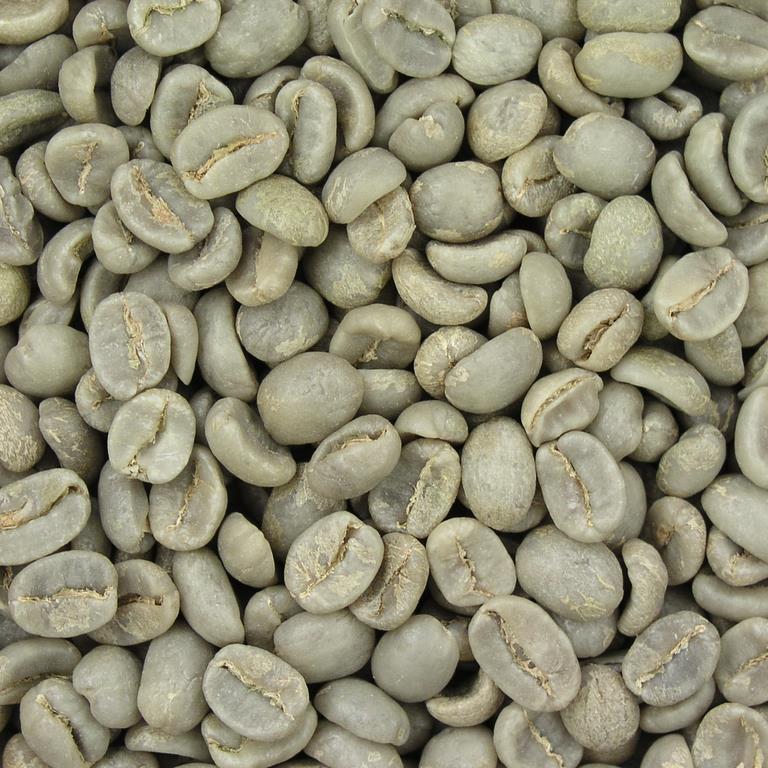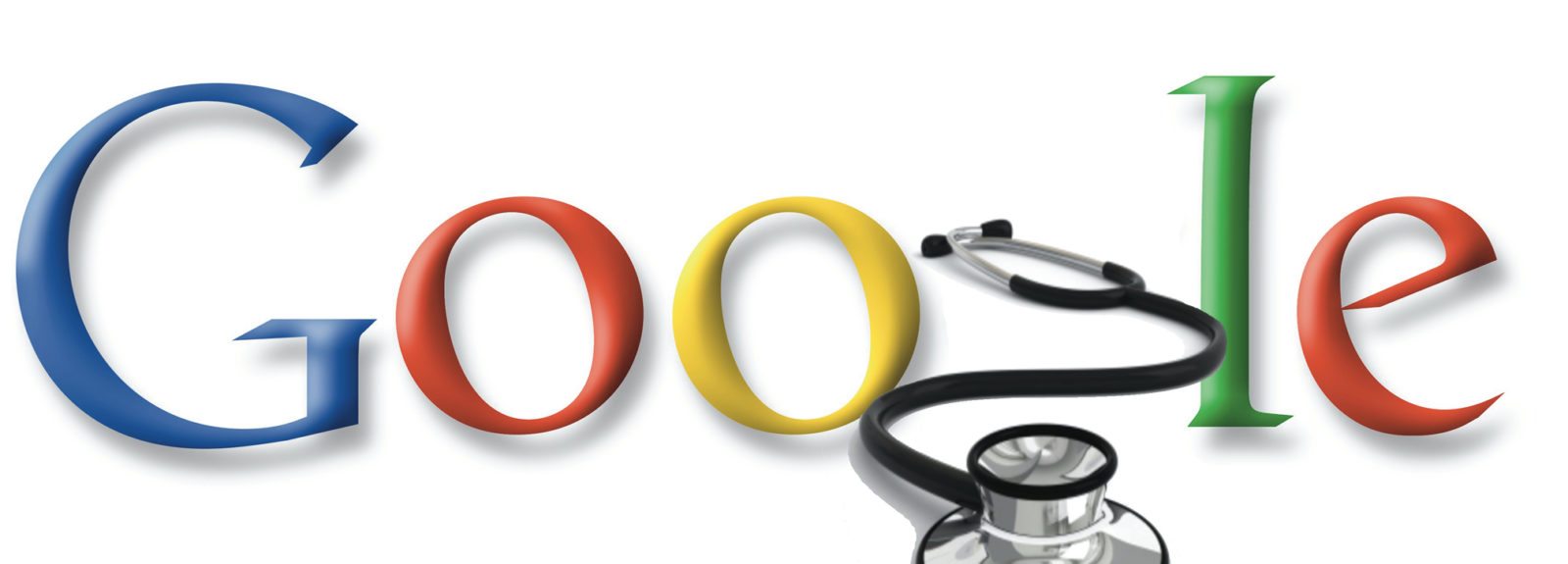Results for: homeopathy

Acupuncture practice acts: legalized quackery
As Ben Kavoussi observed recently, [o]nce considered archaic and obsolete, Oriental Medicine has greatly benefited from the postmodern attitudes towards science and knowledge. This is because postmodernists consider the ‘truth’ as being relative to one’s viewpoint or stance. They do not see science as a superior process of acquiring knowledge, but as a ‘belief system,’ a ‘language game,’ which does not give...
Book Reviews: “The Cure for Everything” and “Which comes first, cardio or weights?”
Do you have any skeptical blind spots? I’ve had a skeptical perspective for a long time (my teenage cynicism wasn’t just a phase) but the framework for my thinking has developed over years. Professionally, the blind spot that the pharmacy profession has towards supplements and alternatives to medicine was only clear after I spent some time working in a pharmacy with thriving...
The Plausibility Problem
From the very outset, the founders of Science Based Medicine have have emphasized the importance of plausibility in the critical evaluation of scientific claims in medicine. What exactly does “plausibility” mean, and how should we apply it in science? My simple definition of plausibility would be “the likelihood that a premise is true.” The application in science is a little more complicated....
The HCG Diet: Yet another ineffective quick fix diet plan and supplement
I contribute biweekly to Science-Based Medicine and could easily devote every post to writing about weight loss supplements, and never run out of topics. As soon as one quick fix falls out of favour, another inevitably replaces it. Some wax and wane in popularity. And pharmacies don’t help the situation. I cringe every time I walk down the aisle where weight loss...
Oxygen Is Good, Even When It’s Not There
Note: This article originally appeared in Skeptical Inquirer, 28(1), 48-50 & 55, January/February 2004. I’m recycling it now because I have been at The Amazing Meeting in Las Vegas instead of home at my computer writing new posts. It’s still timely: despite multiple debunkings and FTC actions, vitamin O is still for sale. Amazon has it for $4.80 an ounce. I’m no Mark...
The Spirit of St. Louis Renault
Summer time is finally here in Oregon, and I will confess that I have spent little time on blogging. The sun is out, my kids are out of school and home from college, and really, who wants to spend their time writing when you could be on the golf course or at the beach with the kids. I say this as a...

Dr. Oz and Green Coffee Beans – More Weight Loss Pseudoscience
I can’t keep up with Dr. Oz. Just when I thought the latest weight loss miracle was raspberry ketone, along comes another weight loss panacea. This time, it’s green coffee beans. Eveyone knows Dr. Oz, now. Formerly a guest on Oprah, he’s got his own show which he’s built into what’s probably the biggest platform for health pseudoscience and medical quackery on...
NCCAM on “integrative medicine”: What’s in a word?
I don’t know how I’ve missed this, given that it’s been in existence now for a month and a half, but I have. Regular readers (and even fairly recent readers, given that I write about this topic relatively frequently) know that I’m not a big fan of the National Center for Complementary and Alternative Medicine (NCCAM). (Come to think of it, neither...
Vital Signs: Buteyko Breathing
As I have mentioned in the past, almost all of my practice is inpatient medicine, doing infectious disease consults in acute care hospitals. I only spend three hours a week in the outpatient clinic, so I have a skewed perception of medicine and disease. The patients I see are sick, really sick, often trying to die and are a complicated collection of...

Dr. Google and Mr. Hyde
These days, it seems that everyone uses Google to find information on health, diseases, and treatments. Unfortunately, the algorithms used by Google for search tend to value popularity over high quality information, leading to quack websites sometimes showing up high in its results. So how can a consumer find reliable health information on the Internet?

